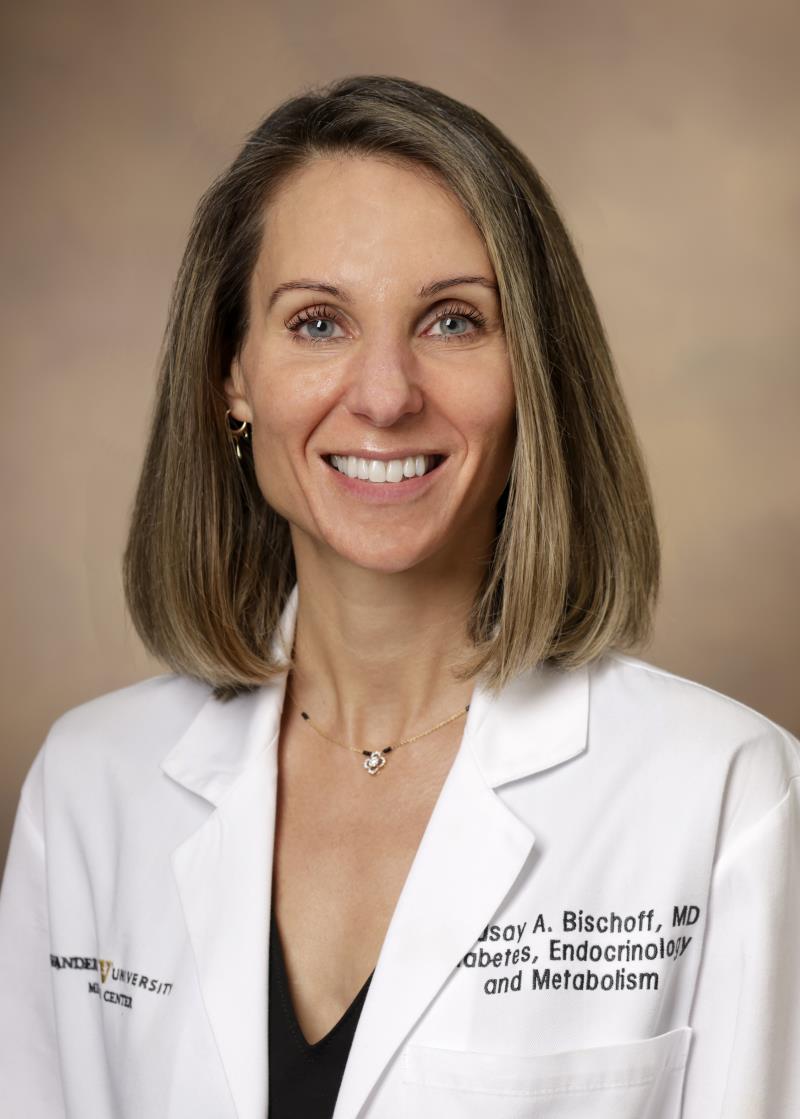Excellent endocrine training in a collegial setting
The goal of the Endocrinology Clinical Fellowship Program at Vanderbilt University Medical Center (VUMC) is to train excellent physicians who will be scholars and national leaders in their fields. Our individually tailored program will launch each fellow into a successful clinical or research career.
Since its inception in 1956, the program has trained over 200 graduates who have gone on to productive careers in academic research, teaching and patient care. In a 30-year period, 75% of MD or MD/PhD trainees have pursued careers in academia, industry, or government.
The program consistently evaluates how fellows are trained and seeks ways to provide the best endocrine training in a collegial and stimulating academic environment. As a result, the Vanderbilt Endocrinology Clinical Fellowship Program is one of the leading programs in the country, as reflected by its funding from the National Institutes of Health (NIH) and recognition in the U.S. News and World Report rankings.

Watch the video to learn more about the Endocrinology Clinical Fellowship Program.
A firm clinical foundation to help meet future career goals
The adult Endocrinology Clinical Fellowship Program offers a two-year clinically intensive or three-year research-intensive program. The base of the program is intended to provide a firm grounding in clinical endocrinology after which the fellow will continue this clinical focus or pursue their research. This prepares all fellows to have strong clinical skills and allows for those interested in research to develop their specific careers.
Program Leadership

Lindsay Bischoff, MD
Professor of Medicine
Director, Endocrinology Clinical Fellowship Program
Sally Friedman, MD
Assistant Professor of Medicine
Associate Program Director, Endocrinology Clinical Fellowship Program

